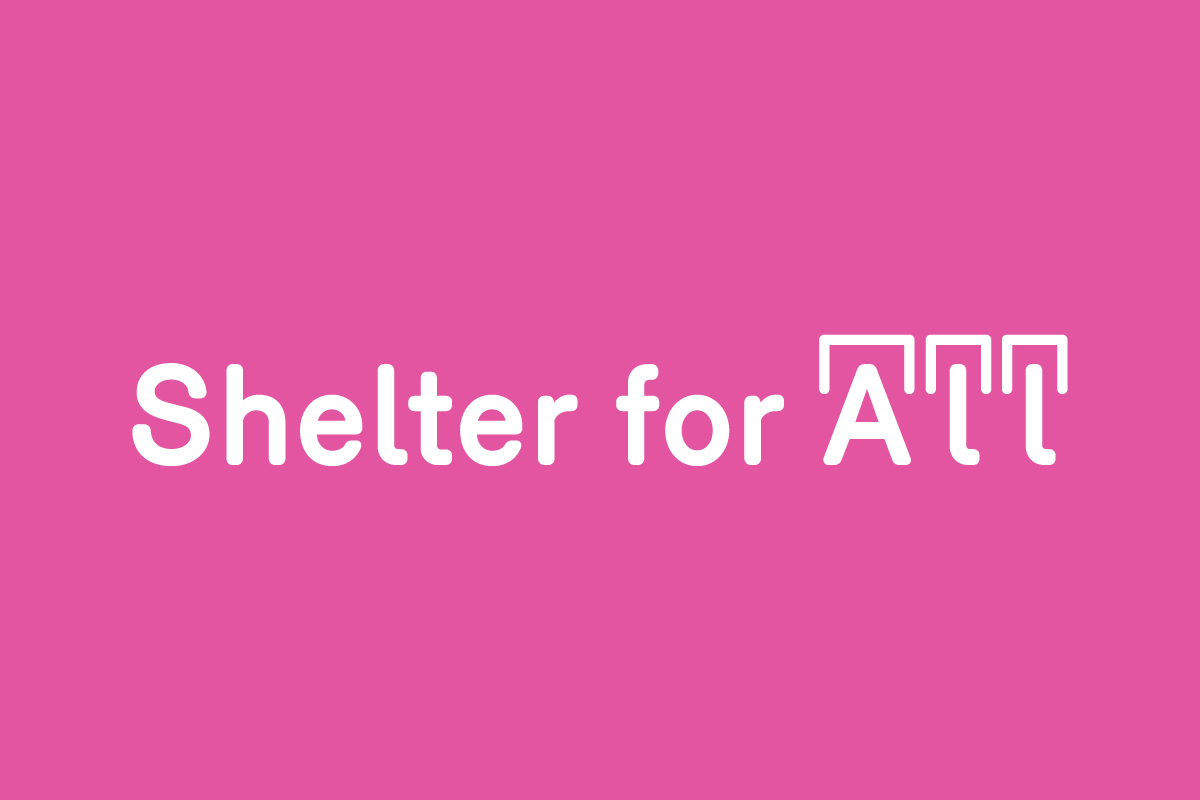
The Urban Design Forum’s 2018 Forefront Fellowship, Shelter for All, addressed the homelessness crisis in New York City by examining how to dignify the shelter system through better design and exploring the root causes of homelessness and housing precarity. Fellows developed original design and policy proposals on how to address the prison-to-shelter pipeline, public bathrooms, public realm management, supportive housing, and racist housing policies, which we are pleased to publish alongside interviews with leading experts.
Read the full compilation of Shelter for All proposals and interviews here.
By Daniel McPhee and George Piazza
This compilation presents the work completed by the Urban Design Forum in 2018-19 addressing the recent homelessness crisis in New York City. The Forum is first and foremost a membership organization, a venue for the civic-minded to debate challenges facing the contemporary city. Our fellows are a growing and metamorphosing array of designers, developers, planners, activists, lawyers, scholars, and technologists–in pursuit of more vibrant, verdant and just places.
Created in 2016, the Forefront Fellowship is an annual program cultivating emerging leaders in urban design, advocacy, development, and policy. Each year, 20 diverse professionals investigate how design can address a critical social or political challenge facing New York City.
At the start of each Fellowship, the Forum partners with a city agency or nonprofit organization to address a specific challenge in the built environment. Fellows conduct site visits, engage stakeholders and produce a project that leverages their interdisciplinary expertise. Throughout the rest of the program, Fellows work in independent teams to explore broader questions within the topic area.
The 2018-19 Forefront Fellowship, Shelter for All, was the Forum’s response to the increasing homeless population in New York City and the City’s renewed efforts to revamp their approach. In 2017, Mayor Bill de Blasio released “Turning the Tide on Homelessness in New York City” as a response to the growing population and changing nature of housing precarity. Their plan consisted of a three-pronged approach to 1) keep people in their homes 2) improve services 3) dignify the shelter system.
Central to dignifying the shelter system was their plan to develop design and operations practices to improve the existing shelter stock, known as Conscious Shelter Design Guidelines (CSD.) The City presented us with the opportunity to work on the CSD project as a chance to reflect on the shelter typology and consider how we could retrofit existing shelters to better support residents across the city.
From May to July 2018, our Fellows partnered with the Department of Homeless Services (DHS) and the American Institute of Architects – New York (AIA-NY), to visit 15 shelters, interview 60+ stakeholders, and draft over 200 pages of design recommendations to improve existing shelters across New York City. We are incredibly thankful to the DHS and AIA-NY staff who gave their time to assist with this project, particularly: Hunter Gradie, Robbie Cowan, Shifra Goldenberg, Benjamin Prosky, and Adam Roberts.
Equipped with the knowledge from their summer work with DHS, our Fellows developed independent projects exploring the root causes of homelessness and housing precarity in New York City. From September 2018 to April 2019, Fellows organized evening events, interviewed community leaders, studied case studies, and developed original design and policy proposals that they presented on April 16, 2019, at the New Museum to NYC Department of Social Services Commissioner Steven Banks and over 120 Forum members.
This compilation presents the original design and policy proposals developed by the Fellows and their interviews with subject-matter experts about how to address the prison-to-shelter pipeline, public bathrooms, public realm management, supportive housing, and racist housing policies.
Each chapter of this compilation features the Fellows’ original projects and interviews with several leaders in the homelessness and housing worlds, including Rob Robinson, Judy Whiting, Marcus Moore, Jonathan Marvel, Jessica Katz, Gia Biagi, and more. The compilation concludes with an essay reflecting on the Forum’s year-long investigation into today’s homelessness crisis and a statement on the value of design in homeless shelter and the public realm.
Our aim in presenting these ideas is to ignite a debate about how to build a more just and equitable city for people experiencing homelessness and housing precarity. We hope you will share your ideas with us.